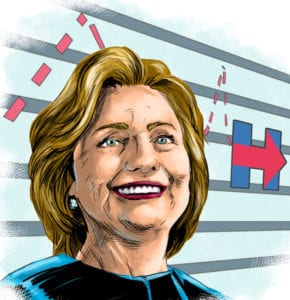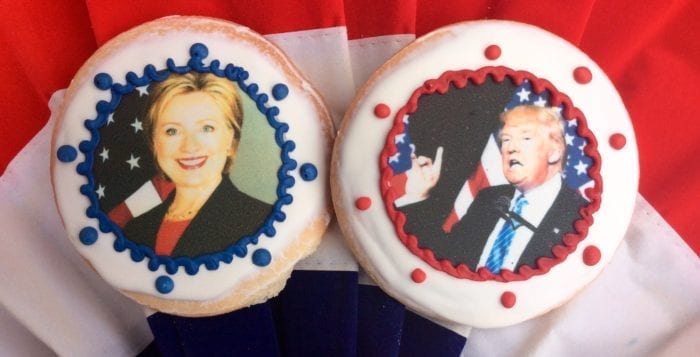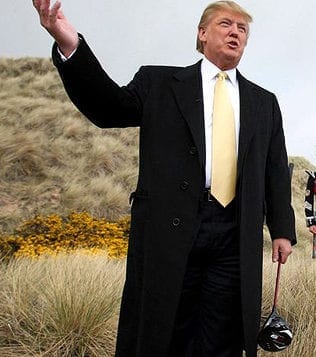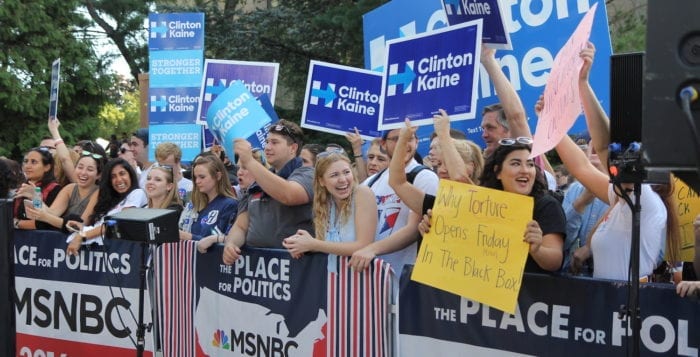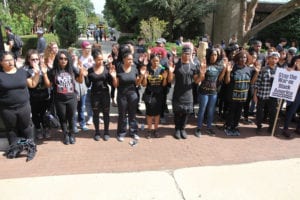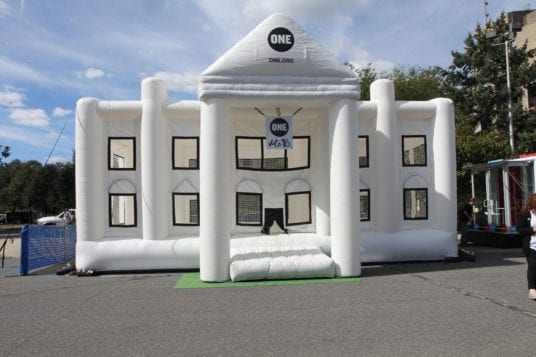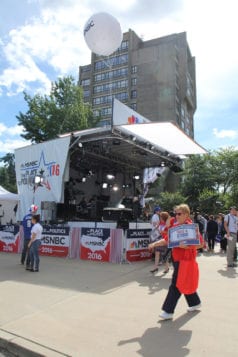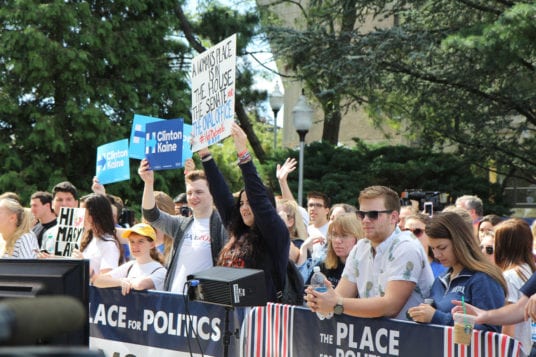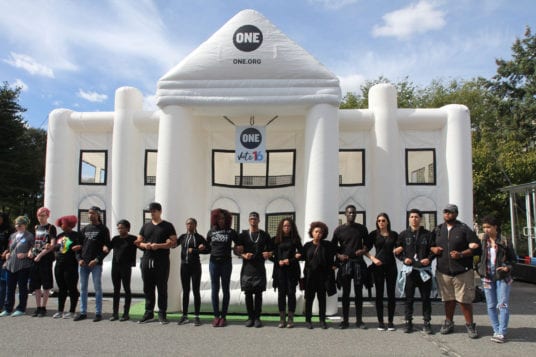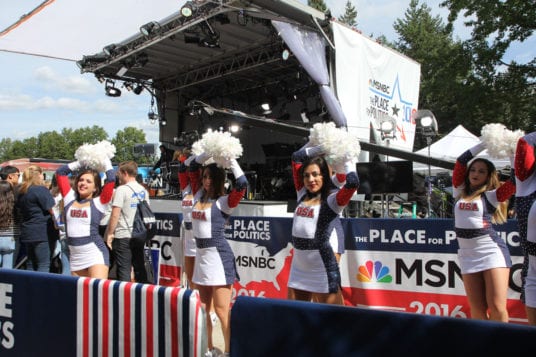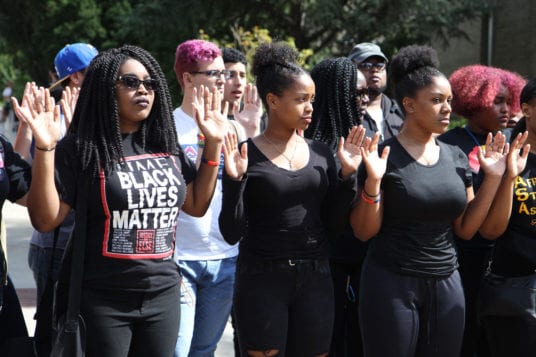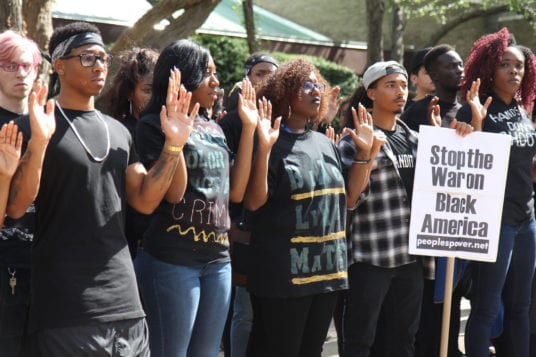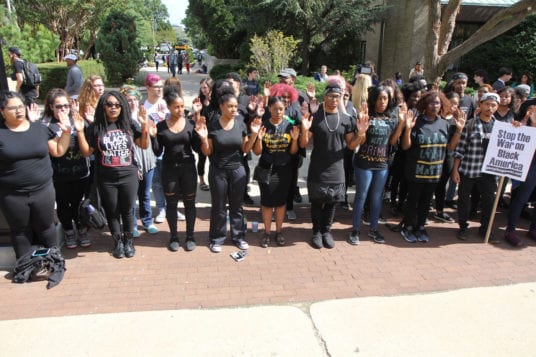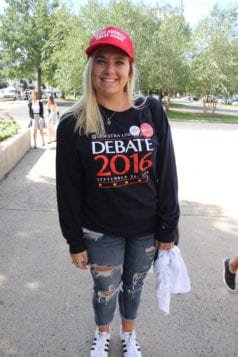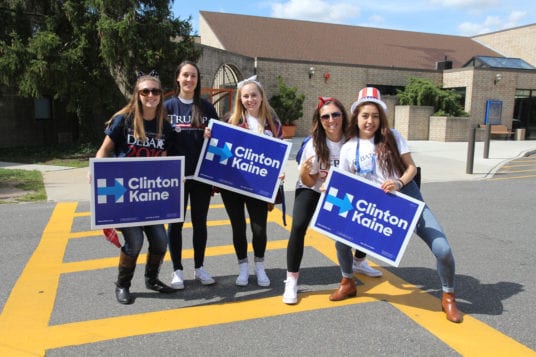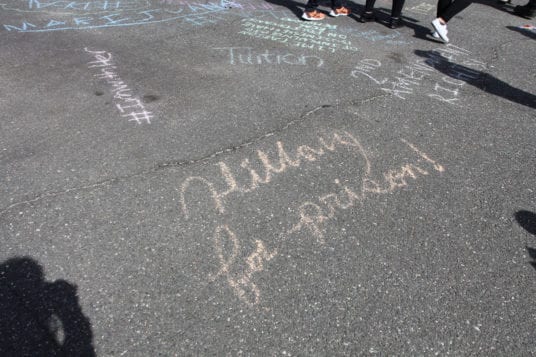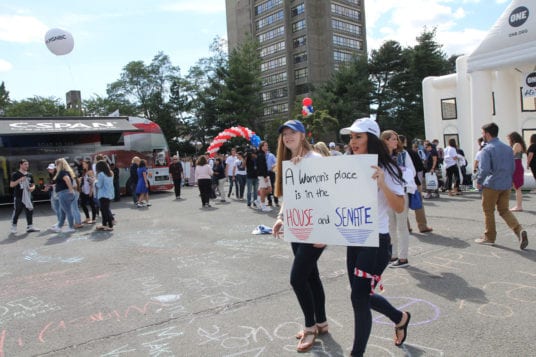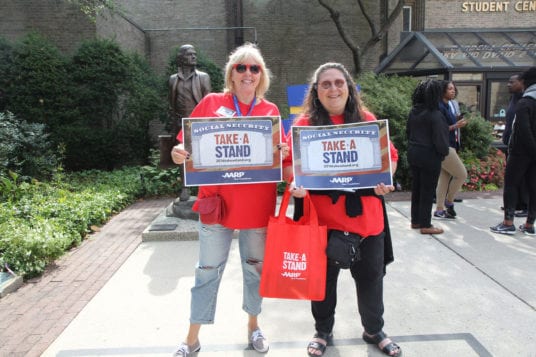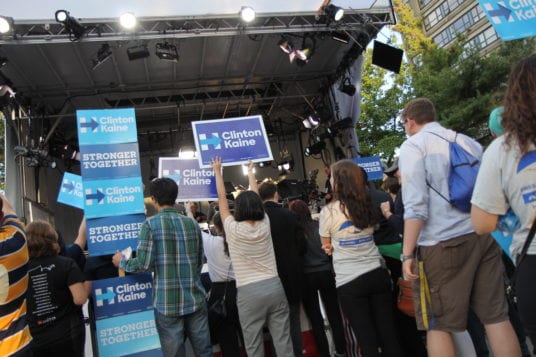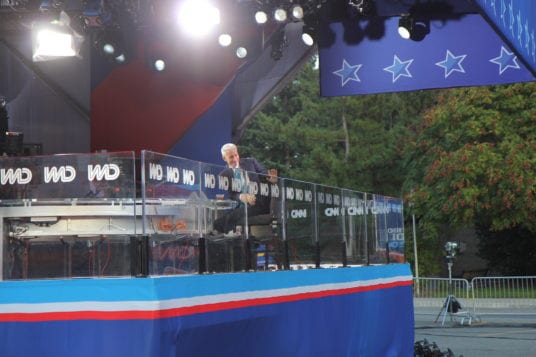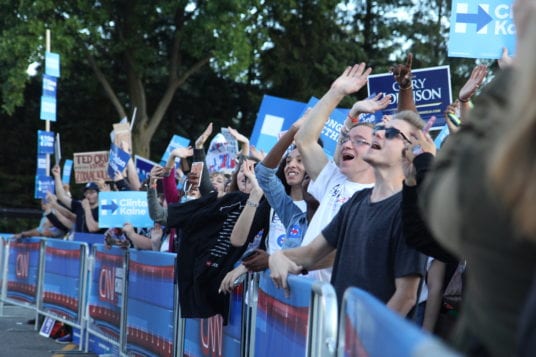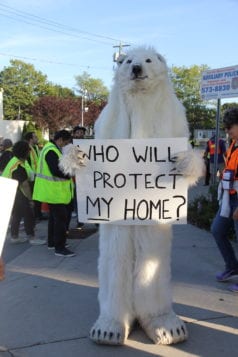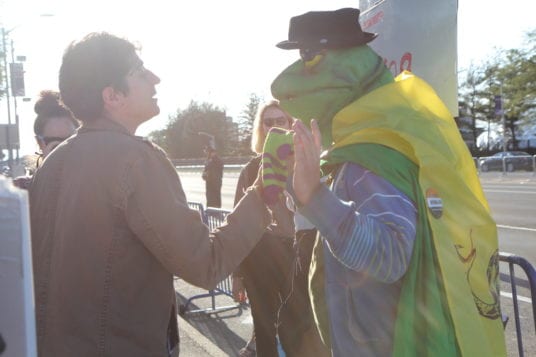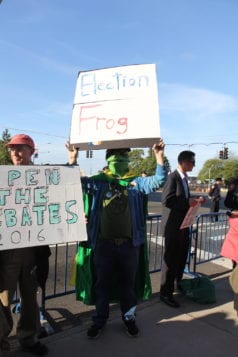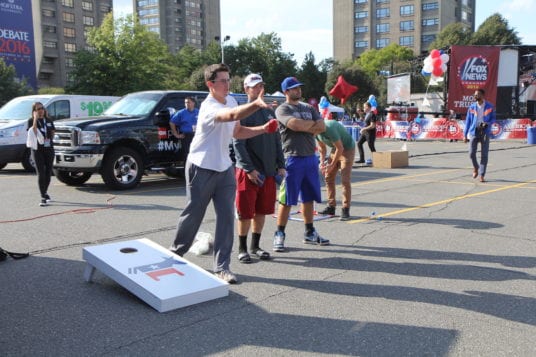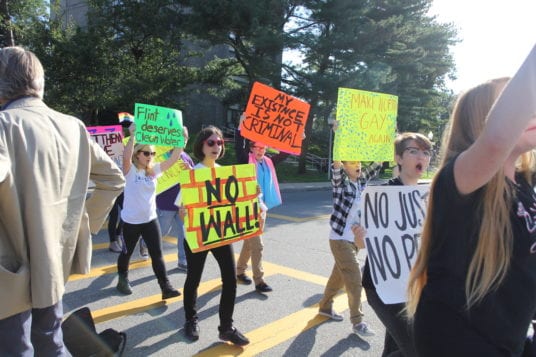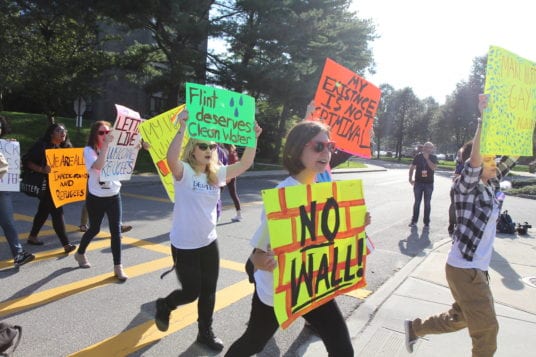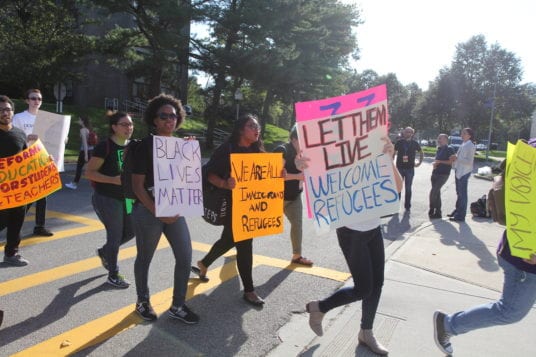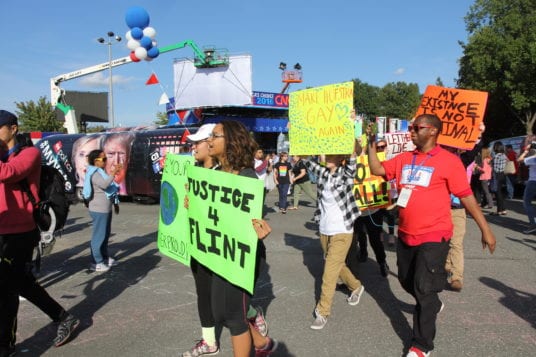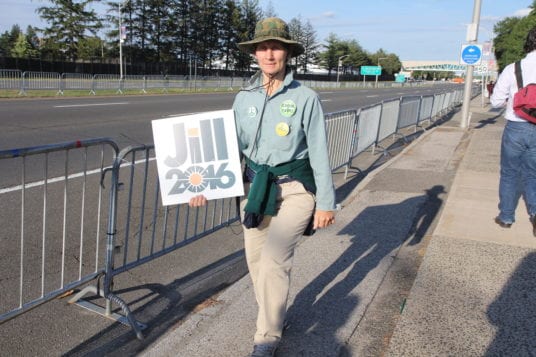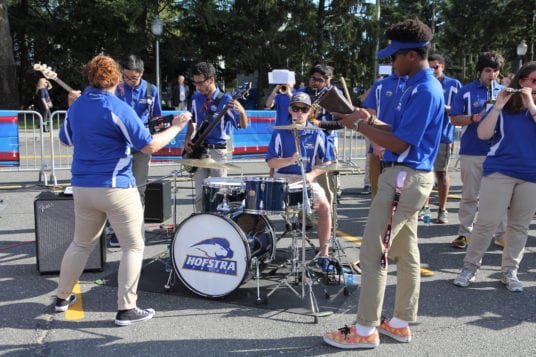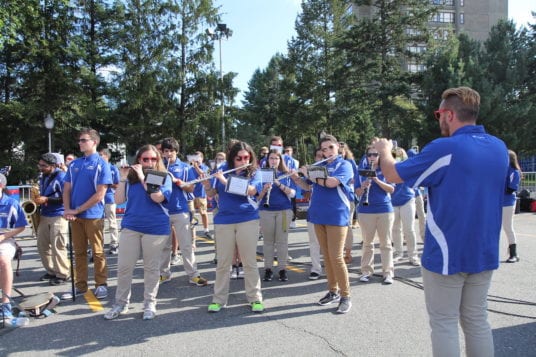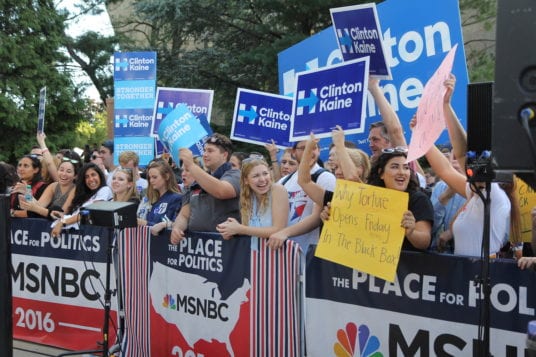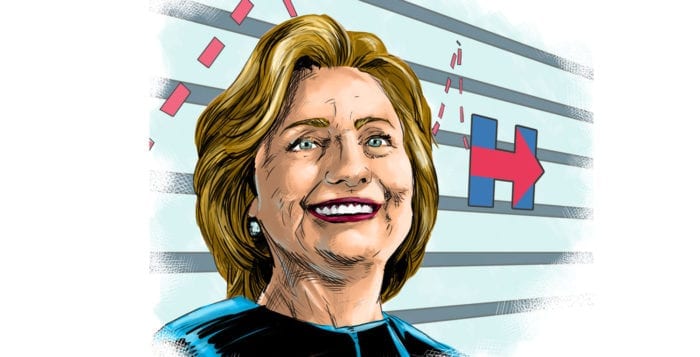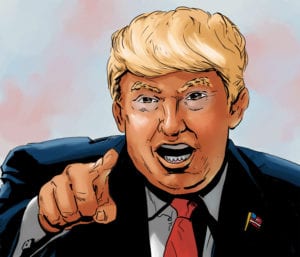
By Elina Mukherjee
In India, 8,431 miles away and 18 months earlier, the American election campaign was an obscure topic of discussion for me. Things would not have changed much to this present day had it not been so much of a ridiculous spectacle. From the outside, when you look at how a country like America would conduct its campaign, you expect suavity for that matter. But even to a layman, what would garner attention is the total brashness of the nature of the campaign and its controversies.
For one, Donald J. Trump has been the star of the show with his specimen of utter cloddishness and hard-hearted comments as a presidential candidate on topics related to Islam, his salacious comments on women and his brashness of belonging to the elite class. Where on one hand, many eminent leaders and visionaries root for peace and unity by bridging the gap between national mind-sets and borders, Trump, in his extremist self, is advocating the very opposite. Building a wall to prevent Mexican invasion of the country or putting an extra scan on Muslims who enter the States, to only name a few, stimulate the fire. What is unprecedented is the staggering number of Trump supporters who think him to be a fresh breath of air in the race for the White House. Hillary Clinton, on the other hand, has come out better, maintaining a dignified stance and prompting fewer furrowed eyebrows. But overall, this election has been nothing less than a mockery to the world of what America has come to.
Dividing in the name of religion is a potential peril. The unpalatable truth for the citizens is to understand the pressure they are under, bearing the tag of being the foremost nation in the world and always being looked up to, its leader should lead the way to a promising future because the world is in dire need of help. As an Indian, it is sad to see Indian Americans — or a group of Indians back home — supporting Trump primarily on the basis of their common abhorrence of Islam. However dark it may sound, a lot of us harbor grudges or hatred against other communities or peoples or sects. But, if a world leader starts encouraging people to express their grudges overtly, that sets a dangerous example. It unites people based on a wrong cause where the effect of such ill preaching is not limited nationally but tends to go worldwide. In order to maintain a good relationship with India, his camaraderie should be toward Indians in general and not Hindus particularly, as India also has the third largest Muslim population in the world.
Unlike American elections, Indian national elections do not have debates among the candidates. In India, and in numerous other countries in the world, candidates routinely attempt to bolster their position by slandering others, by trading insults. In a democracy, I reckon, having debates between candidates is a progressive step. However, going by the nature of the last three debates, its principal purpose seems to have been defeated for the most part.
America has always led from the front when it comes to being progressive. The cornerstone of much of Trump’s election campaign has been dissemination of negativity and animosity. Many of his proposed policies are regressive to say the least. As an outsider, I — and many others like me — fear that if America chooses divisiveness over integration, it would be a harsh moral setback for many of the developing countries.

